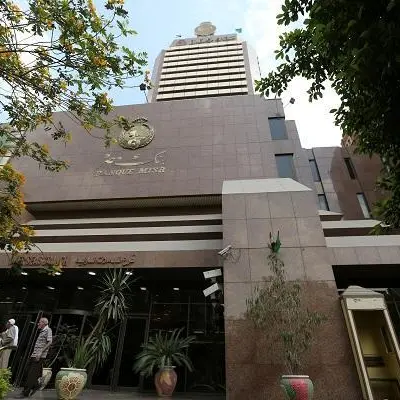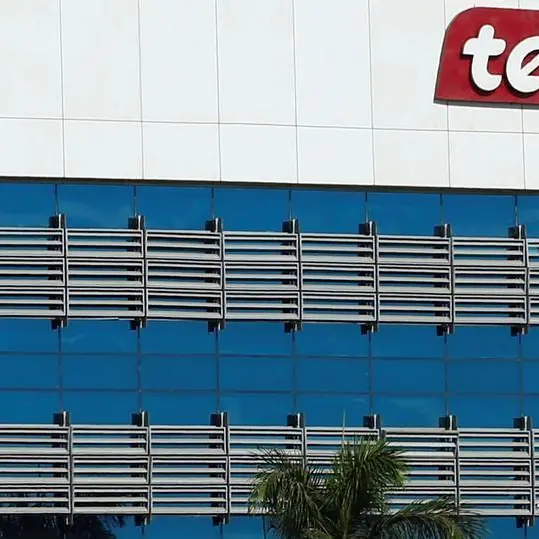PHOTO
UAE - More than one in five (21%) of UAE employees and entrepreneurs say they are not submitting their expenses regularly because the filing system at work is ‘too complex’.
That’s according to a new report of over 1,400 UAE-based entrepreneurs and employees released today by UAE-based leading spend management platform, Pemo, which shows that many people in the UAE are not submitting their expenses regularly because they say they never have time (24%) and they don’t have the admin support (21%).
The cumulative cost of an inefficient corporate expense management system amounts to an average of AED13,206 (3,595.42) per year in lost revenue for at least a third of the working force (35%), which many companies and their employees are simply unaware of.
Incorrectly filed expenses
From an employer perspective, incorrectly filed expenses are causing major challenges – especially for the SME market, where businesses simply do not have the resources or the time to be dealing with bottlenecks in administrative processes.
Lost receipts, inputting errors and inaccurate submissions are proving to be a big headache for businesses, which as a result, is seeing employers' attention diverted away from growing and scaling the business because they are spending too much time having to deal with expense management issues. Over time this will impact the productivity of the business, ultimately slowing their ability to thrive.
The majority of the frustrations with expenses are down to the time it takes, with more than one in four of the people (26%) saying it takes approximately one hour to do the expenses each month. For 7% of people it takes more than three hours per month. Challenges relating to receipts (26%), manual expense reports (25%) and expense approvals (22%) are just some of the hurdles to contend with. As a result, many of the people are seemingly forgoing their expenses, which is seeing an accumulation in lost revenue that is building every month.
Nature of spending
But despite not always doing the expenses, it seems very much a case of ‘business as usual’ for the vast majority of the UAE’s employees; with typical corporate spending taking place on transportation and taxis (15%), hotels and accommodation (13%) and on flights (12%). Many of the people spend with their own cash for reimbursement (29%), 25% use company petty cash and the same number (25%) use the company’s credit card.
And whilst a savvy 51% of people do say that they do their expenses frequently, the process for submitting them often seems quite complex. The average number of people who need to approve the spend in the business is two (45% of people say this), with Finance and Accounting, Office Managers and Human Resources being the top three departments who are involved in getting back the cash.
Many of the people do have a level of autonomy with expenses, as they are allowed to spend a certain amount before taking approval. 27% of them can spend up to AED500 before they have to seek further agreement, and 20% are allowed to spend up to AED5,000 without prior consent.
Whilst doing expenses can sometimes feel like a chore, when it comes to what would make lives easier, it seems it is quite clear about what needs to take place. 39% said they would welcome a user-friendly app that captures expenses straight away, 32% said they would like something that provided an easy way of uploading expenses into the system, and 16% said they would welcome a tool that is linked to the card or bank account and that automatically accounts for one’s receipts.
Cumulative costs
“Expenses can often be the bugbear of an employee’s monthly routine. But our research shows that the cumulative cost of not doing our expenses becomes a dominoes effect in lost revenue. This needn’t be the case, yet employees throughout the UAE are losing staggering amounts of money year on year because the process is often too complex and time-consuming. We may as well be throwing money out the window,” said Ayham Gorani, Co-Founder of Pemo, said.
Valerie Konde, Co-Founder of Pemo, agrees: “We work in a region where more than 90% of businesses are SMEs, and as evidenced by our research – many of these businesses rely on cumbersome, manual platforms to manage their corporate spending, which are not fit for purpose.
“This creates several challenges for both employer and the employee, with lack of visibility on spend and irregular reports. This is exactly why we want to remove the friction of these daily tasks, so that we combine all spend management functions in one hub. Ultimately, this helps businesses to save money and time, while empowering team members to make purchasing decisions quickly and responsibly.
Fixes are simple
Gorani thinks the fixes are simple: “By making changes to expense management systems and empowering employees by providing them with corporate cards for example, we can encourage a culture mindset change to ensure all employees are reimbursed for their out-of-pocket spend.
“Nevertheless, employees are optimistic about the tools that can be implemented to help ease the burden of expenses. 51% of people from the report said they think an automated spend management system could save them between 1-3 hours per month, with 16% of people estimating it could save them between 3-5 hours per month.
“Expenses as such, needn’t become a headache; by digitalising spend management systems, automating approval flows, providing real-time cash-flow monitoring, and offering physical and virtual pre-paid cards that can be topped up and distributed to employees, businesses can have full visibility on corporate spending in real-time. These simple steps can be delivered at the click of a button, ultimately benefiting everyone in the business.” concludes Ayham.
Copyright 2022 Al Hilal Publishing and Marketing Group Provided by SyndiGate Media Inc. (Syndigate.info).





















